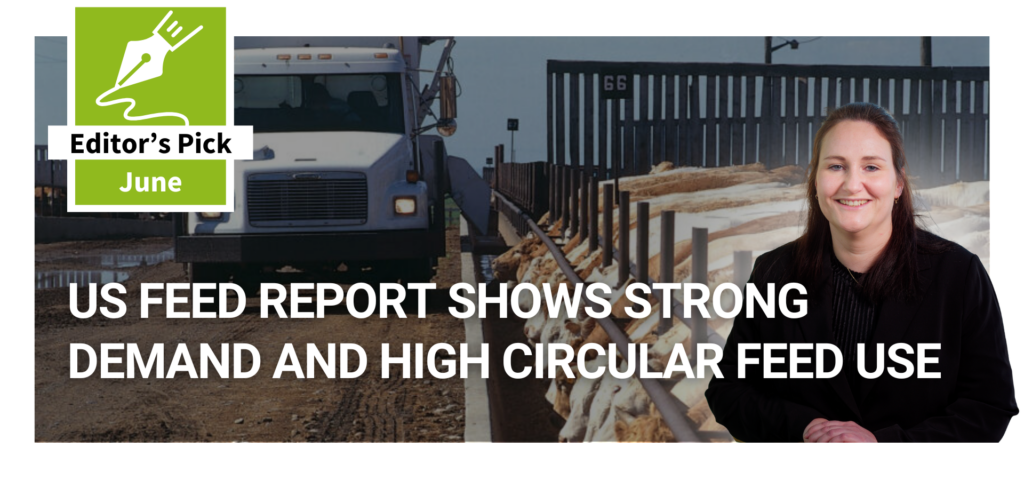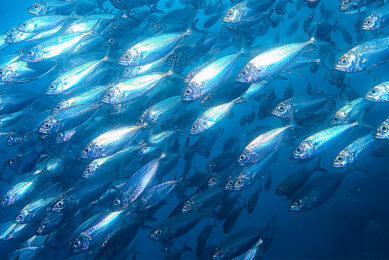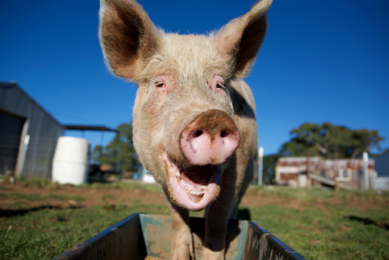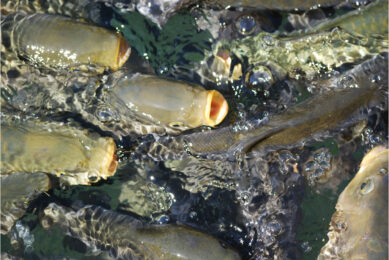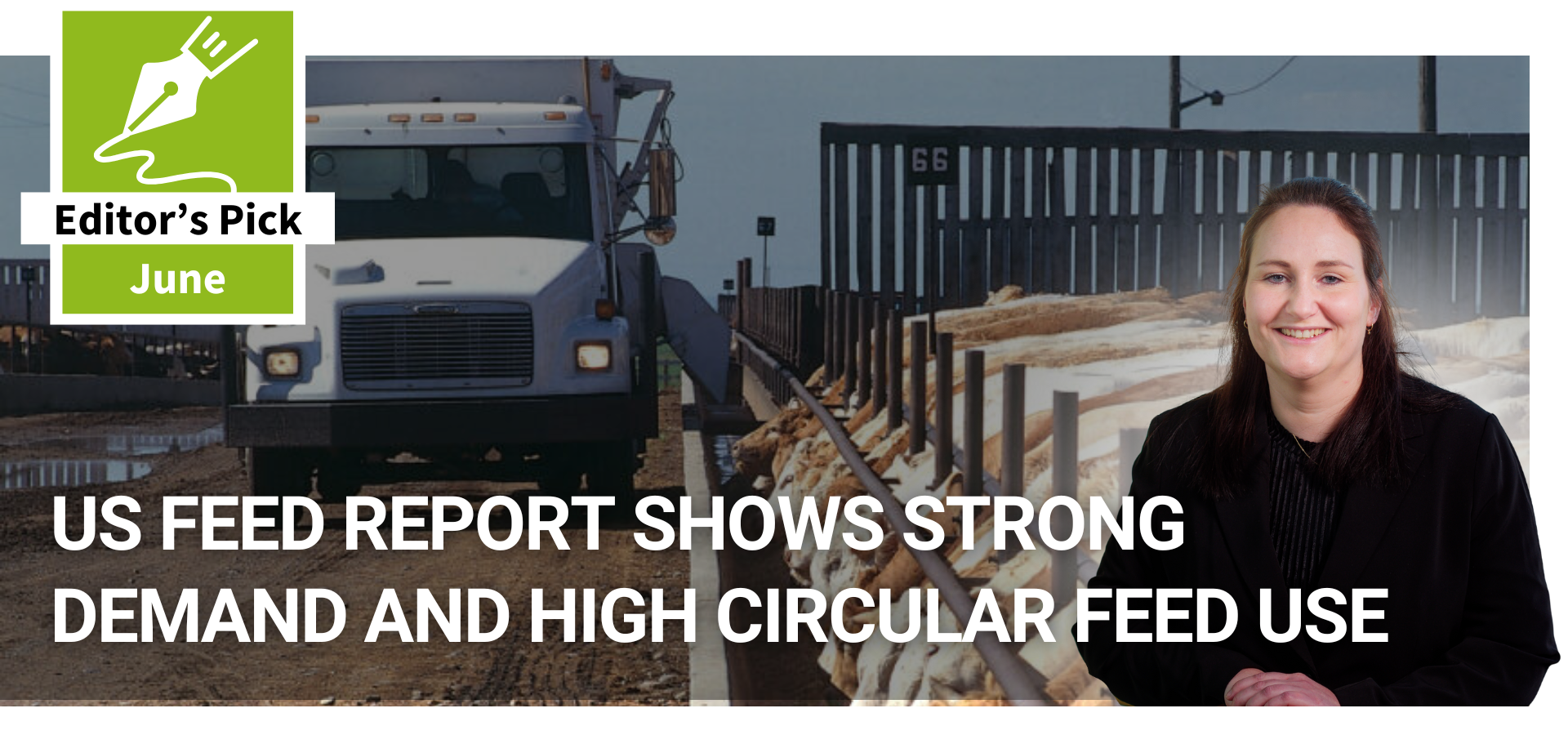Acid salts and heat give better fish feed

Salmon and rainbow trout digest protein in plant-based feed better with inclusion of acid salts in combination with high temperature during extrusion. This is shown in a doctoral thesis by Thea Morken from Aquaculture Protein Centre.
Some low-processed plant ingredients have poor nutritional value due to their protein structure, which is partially unavailable for the digestive enzymes, and due to their content of antinutrients. High temperatures during feed processing increase the accessibility of the plant proteins to digestive enzymes and inactivate certain heat-labile antinutrients. Heat during processing is therefore beneficial, but overheating may damage the proteins and reduce the nutritional value of the feed.
Addition of some acid salts is also known to increase nutrient digestibility of plant ingredients in fish feed.
Combination provides increased flexibility
PhD student Thea Morken at the Aquaculture Protein Centre (APC) in Norway examined whether the combination of high temperature and acid salts increases the nutritional value of plant ingredients, rather than applying heat and acid salts separately. The hypothesis was that acid salts protect the protein from heat-induced damage during processing.
The results showed that inclusion of acid salts in the feed prior to processing at temperatures up to 150 ºC in the extruder improved the digestibility of protein and fat in Atlantic salmon and rainbow trout.
Inclusion of acid salts also improved the physical quality of the feed, as the pellet became stronger and produced less dust. Although acid salts appear to have a positive effect in feed, results are inconsistent. The reason why is not clear.
Protein from barley and soy
Morken has used different methods for processing the raw material in the feed and to test physical and chemical properties of the feed. To produce the feed, she used extrusion, expansion and autoclaving. To map the effect of the treatment on digestibility, she used Atlantic salmon, rainbow trout, mink, in vitro models and new chemical methods. The protein sources studied were protein concentrates of barley, whole full-fat soy and defatted soybean meal.
Thea Morken defended her thesis “Upgrading plant ingredients in feed for salmonids by thermo-mechanical treatment and acid salts” 4th of November. Her supervisors were prof. Margareth Øverland and dr. Olav Fjeld Kraugerud, both from APC, and dr. Mette Sørensen from APC and Nofima.



